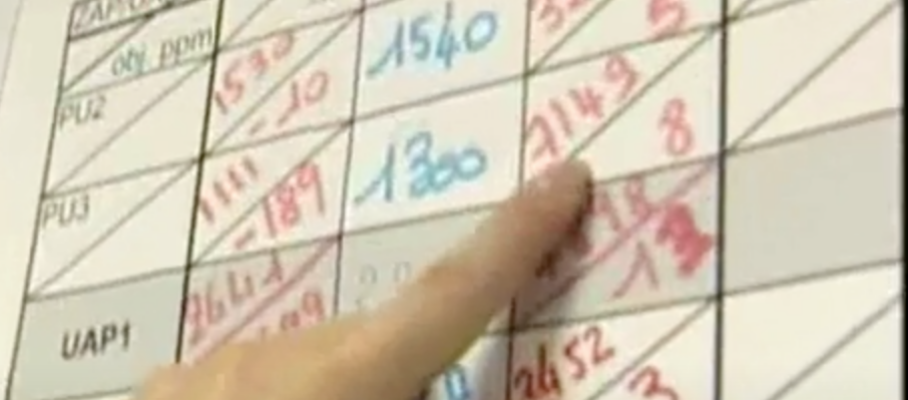Dec 15 2020
Nissan’s Quick Response Quality Control (QRQC)
Nissan’s Quick Response Quality Control (QRQC) is a management approach. It’s about organizing the response to quality problems, not about the technical tools used to solve them. It is intended to help detect problems, solve them, and document solutions, thereby growing the skills of the workforce. QRQC neither mandates nor excludes mistake-proofing or any statistical/data science tool.
This is meant to introduce QRQC to those who have not heard of it but it is also a call for practitioners to correct any misperceptions, add details, or share their experience.

 “That was random!” is my younger son’s response to the many things I say that sound strange to him, and my computer has Random Access Memory (RAM), meaning that access to all memory locations is equally fast, as opposed to sequential access, as on a tape, where you have to go through a sequence of locations to reach the one you want.
“That was random!” is my younger son’s response to the many things I say that sound strange to him, and my computer has Random Access Memory (RAM), meaning that access to all memory locations is equally fast, as opposed to sequential access, as on a tape, where you have to go through a sequence of locations to reach the one you want.


Apr 16 2021
Measuring QC Efficacy: A Proposal
[The featured image is of a Vietnamese satellite undergoing final test in Japan]
As Jay Bitsack pointed out in his comments on LinkedIn about my previous post, the portability of a method from epidemiology to manufacturing quality is not a foregone conclusion. Formally, the logic of validating a vaccine seems applicable to the solution of a quality problem. They look similar when you consider only outcomes in terms of infection rates or the proportion of defectives.
There are differences between data sets from a clinical trial and tests run before and after a process change in production that may affect the applicability of a method. We examine the conditions for the approach developed by Carlo Graziani for vaccine efficacy to cross over to quality control. Then we work out the math of Graziani’s method and the means to apply it.
Continue reading…
Contents
Share this:
Like this:
By Michel Baudin • Laws of nature • 0 • Tags: Bayesian Statistics, Efficacy, Manufacturing, Quality, Quality Assurance, Quality Control